detail profile samuel beckett
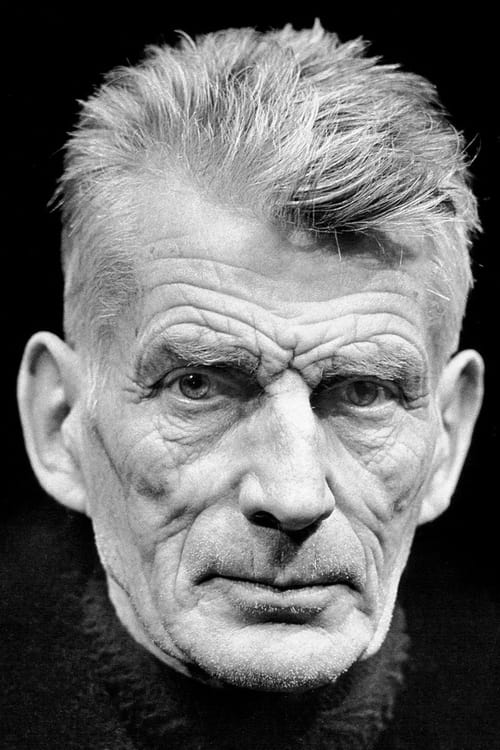
Riwayat Hidup
Samuel Barclay Beckett was an Irish avant-garde novelist, playwright, theatre director, and poet, who lived in Paris for most of his adult life and wrote in both English and French.
He is widely regarded as among the most influential writers of the 20th century.
Beckett was awarded the 1969 Nobel Prize in Literature "for his writing, which—in new forms for the novel and drama—in the destitution of modern man acquires its elevation.
"
Info Pribadi
Peran Yang Di Mainkan Samuel Beckett
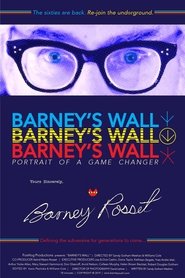 What makes a rebel This 78 minute...
What makes a rebel This 78 minute...Barney's Wall 2019
What makes a rebel? This 78 minute documentary probes the psyche of bad-boy publisher and free speech warrior Barney Rosset, whose mid-century legal and cultural battles smashed sexual and political taboos in the United States — unleashing the counter-culture of the 1960s and introducing millions of young intellectuals to the most radical currents in literature, film, theater and politics. In his late eighties, coming to terms with his life, Barney Rosset began to obsessively sculpt an autobiographical 15′ x 22′ surreal wall mural, embedded with jewel-like vignettes crafted out of found objects, each a clue to the conflicts and obsessions that drove Barney’s lifetime rebellion against authority. A cast of artists, a neurologist, and a shaman connect the clues and piece together Barney’s life.
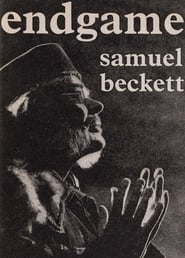 A performance of Samuel Becketts Endgame...
A performance of Samuel Becketts Endgame...Endgame 1989
A performance of Samuel Beckett's 'Endgame', a play in which nothing happens, once - unlike Beckett's first play 'Waiting for Godot' in which nothing happens twice. It is not a play about chess, in any explicit sense, but it does feature a lovable if curmudgeonly old man in a dustbin. Generally accepted to be Beckett's bleakest play - indeed after it's 1957 English debut at the Royal Court, the TLS's Olivier Todd quipped that it made Waiting for Godot look like "a cheerful operetta". However, Beckett himself described it as "the favourite of my plays." Although the programme was not broadcast until 1991 it was recorded in 1989 prior to Beckett's death and had his blessing. This production is particularly notable as it is first full-length television performance of the play.
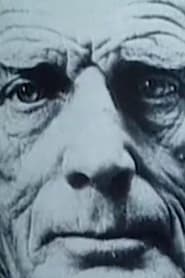 The elusive author of Waiting for...
The elusive author of Waiting for...Samuel Beckett: Silence to Silence 1987
The elusive author of Waiting for Godot cooperated in the production of this portrait, which traces Beckett’s artistic life through his prose, plays, and poetry. Billie Whitelaw, Jack McGowran, and Patrick Magee—Beckett’s great dramatic interpreters—appear in selected extracts from the plays; Beckett specialist David Warrilow narrates a variety of texts.
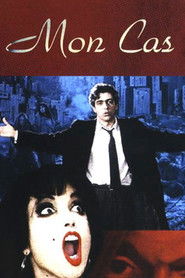 Manoel de Oliveira plays his film...
Manoel de Oliveira plays his film...My Case 1986
Manoel de Oliveira plays his film in three stages: the first part - a play, the second can be roughly defined as a silent film (with the behind the scenes read excerpts from Beckett works), but in the end the director brilliantly performs the same material of the avant-garde exercise. Surprisingly, a joke, repeated three times, each time everything sounds fresh and develops into an almost verbatim adaptation of the biblical "Book of Job" - a spectacular point in a parable about how hard to empathize with other people's misery, when you have your own.
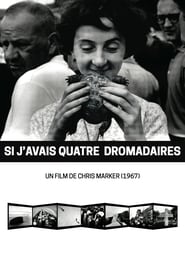 Composed entirely of still photographs shot...
Composed entirely of still photographs shot...If I Had Four Dromedaries 1966
Composed entirely of still photographs shot by Marker himself over the course of his restless travel through twenty-six countries, If I Had Four Dromedaries stages a probing, at times agitated, search for the meanings of the photographic image, in the form of an extended voiceover conversation and debate between the "amateur photographer" credited with the images and two of his colleagues. Anticipating later writings by Roland Barthes and Susan Sontag (who professed her admiration for the film) If I Had Four Dromedaries reveals Marker's instinctual understanding of the secret rapport between still and moving image.
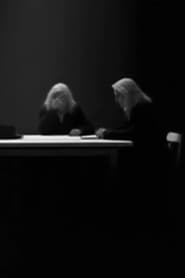 A reader tells a sad story...
A reader tells a sad story...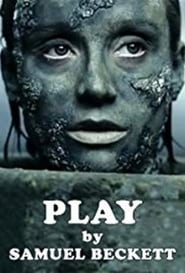 The land is filled with people...
The land is filled with people...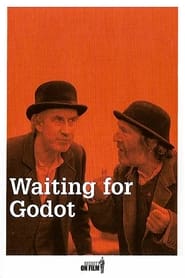 Two tramps wait for a man...
Two tramps wait for a man...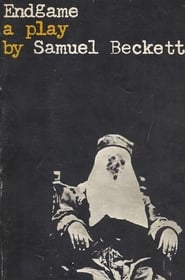 Hamm is blind and unable to...
Hamm is blind and unable to...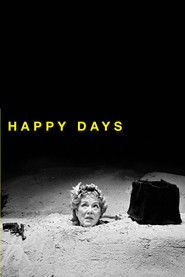 An adaptation of Samuel Becketts absurdist...
An adaptation of Samuel Becketts absurdist...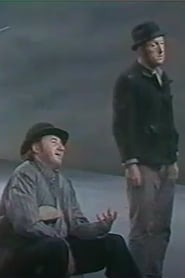
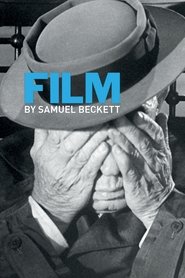 A man attempts to evade observation...
A man attempts to evade observation...